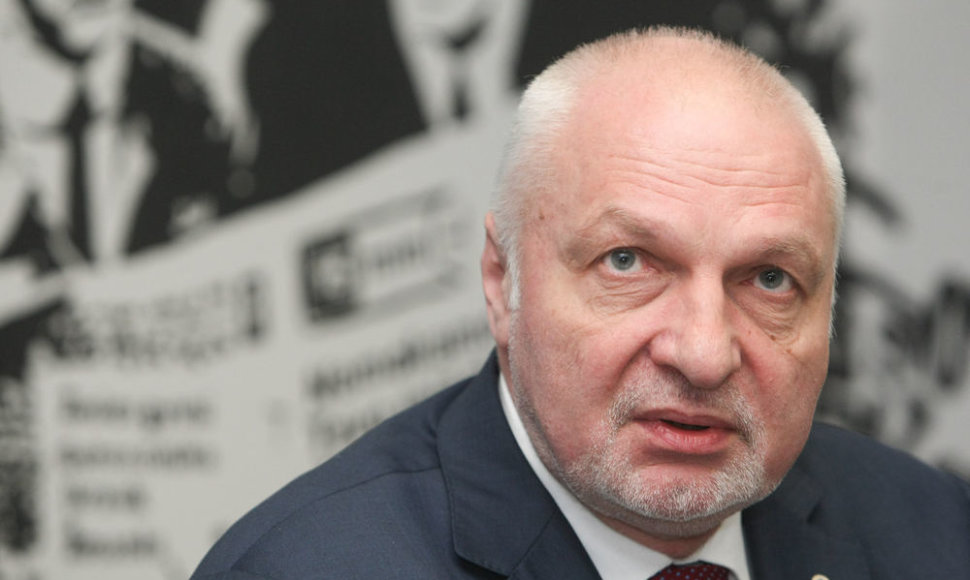He referred to two stances prevailing among European colleagues on achieving a broader agreement on smaller effects of climate change.
"So far I see two positions among countries. One of the stances is, roughly speaking, that EU countries should agree and set goals that would answer the key objective of reducing temperatures by two degrees before inviting all other countries to join and setting a good example. There is another basic idea – there should be agreement on the global level with the biggest countries, as EU emissions account for merely 11 percent of the global emissions, and then we should go over the EU's internal goals," the minister told BNS at the end of a series of meetings in Berlin, which hosted an international forum on climate change.
In his words, no final decisions about the replacement of the Kyoto protocol will be made at the conference of the United Nations (UN) Framework Convention on Climate Change in Warsaw this fall where Lithuania will have to present the EU Council position as the presiding country. The agreement is expected at the Paris conference in 2015.
"Everyone is arriving at an opinion that the Warsaw meeting probably won't produce a final decision, which should be reached in Paris in 2015. However, the Warsaw meeting should result in outlining basic principles, especially since the new agreement is said to be different from the old one. It should indeed be flexible enough for other countries – both developed countries and developing states," Mazuronis said.
The minister noted that the Berlin meeting, which involved representatives of more than 30 countries, "demonstrated strife or attempt of all ministers to search for solutions."
According to the press release circulated by the Environment Ministry, the new international agreement on the UN level should be finished by 2015 and take effect around the globe from 2020.












